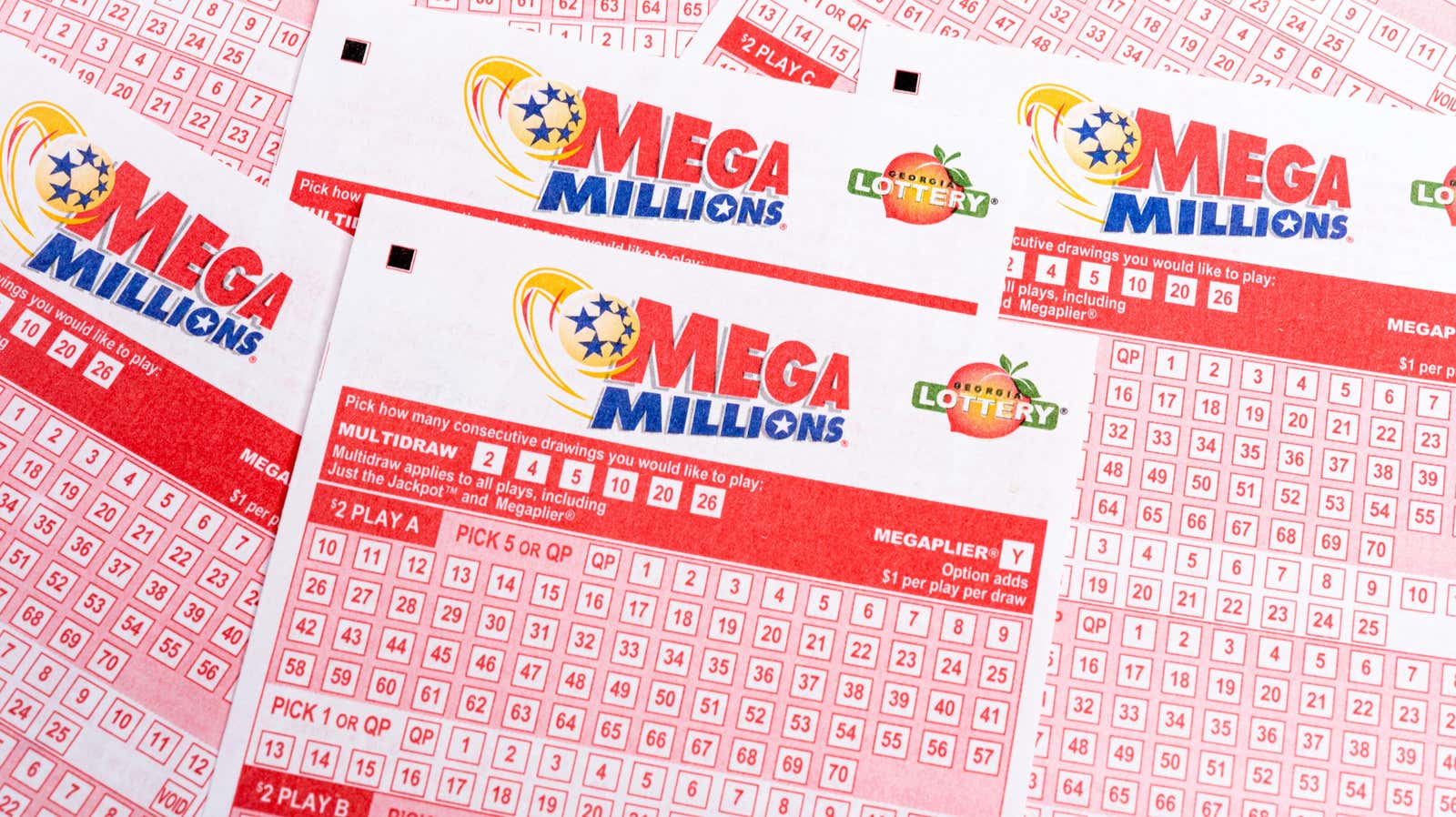Don’t Be Fooled by This Powerball and Mega Millions Scam

The odds of winning the Powerball jackpot today are 1 in 292 million. That was the population of the United States in 2003, which means your chances of winning Powerball today are the same as if you were randomly selected by US President George W. Bush to dine with him at the White House in 2003. Feeling lucky?
Despite the slim odds of winning, many Americans fall for lottery scams – with a Powerball in excess of $1 billion, who doesn’t want to believe they’ve won the lottery? But the sad reality is that those calls, text messages or emails telling you that you have won are most likely a scam.
How does a lottery scam work?
The scammers inform the victims that they have won the jackpot and provide a “claim verification number” with instructions on how to contact the local Dollar General Store , where you cannot actually claim your lottery winnings. They are then asked to transfer a sum of money to claim a “prize” or pay a “security deposit” to ensure the funds are given to the proper winner. Other victims were contacted by “operators” fraudulently representing Mega Millions and sending out official emails, text messages, and phone calls that also claimed that the victims had won. In one particular Mega Millions scam, the potential victim receives a WhatsApp message with a “notice” to be awarded a “cash gift” of $700,000 – if they pay a fee to receive the “prize”.
How not to protect yourself from lottery scammers
Here is a tip from Mega Millions on how to avoid being scammed :
- You cannot win a legitimate lottery unless you buy a ticket.
- If you are in a jurisdiction that is outside the market area of the lottery or game mentioned as the source of the “prize”, it is a scam.
- If your phone has caller ID, check the area code when someone calls you to let you know you’ve won. If it’s from another country, it’s a red flag.
- Be suspicious if the email contains spelling errors or bad grammar, or if the person who called you speaks bad English.
- If you are told that you must keep your “winnings” confidential, be suspicious.
- No real lottery invites winners to invest their own money to claim a prize they have already won. If you are asked to pay any commission to claim your winnings, you have not won.
- Just because a real lottery is mentioned doesn’t necessarily make it a real prize. Someone can use the name of the lottery without her permission or knowledge.
- Never give out personal information or send money unless you have verified the legitimacy of the company or attorney.
- If they offer to transfer “winnings” directly to your bank account, do not give them your bank account information.
- If you are told that you can “verify” a win by calling a certain number, that number may be part of a scam. Instead of calling there, you have to search for the lottery or organization yourself to find their real contact information.
- If you think someone on the phone is trying to scam you, hang up immediately. If you engage them in a conversation, your name and contact information may end up on a list to be shared with other scammers.